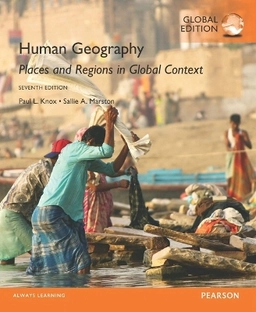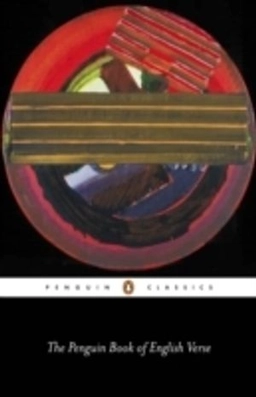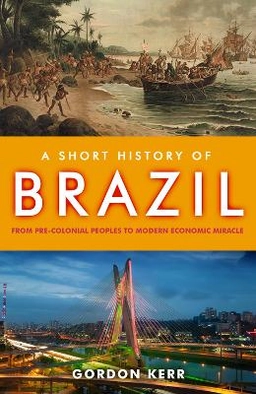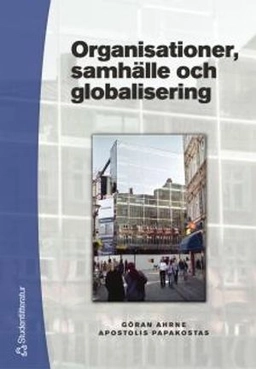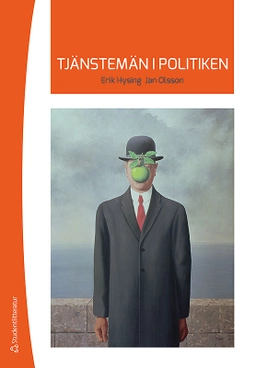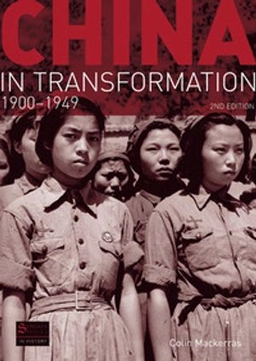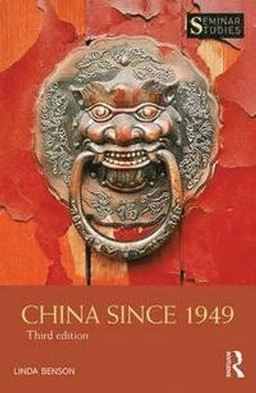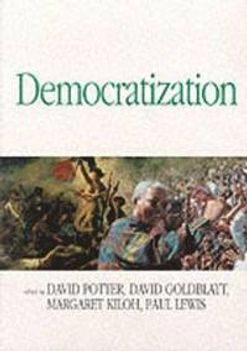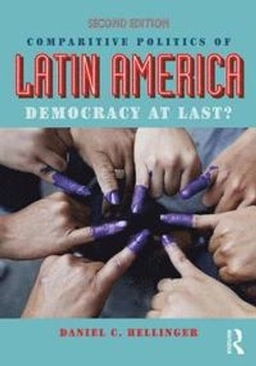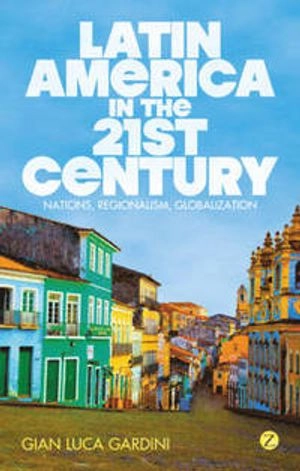

Latin America in the 21st CenturyUpplaga 1
- Upplaga: 1a upplagan
- Utgiven: 2012
- ISBN: 9781780320885
- Sidor: 152 st
- Förlag: Zed Books Ltd
- Format: Häftad
- Språk: Engelska
Om boken
Åtkomstkoder och digitalt tilläggsmaterial garanteras inte med begagnade böcker
Mer om Latin America in the 21st Century (2012)
I april 2012 släpptes boken Latin America in the 21st Century skriven av Gian Luca Gardini. Det är den 1a upplagan av kursboken. Den är skriven på engelska och består av 152 sidor. Förlaget bakom boken är Zed Books Ltd.
Köp boken Latin America in the 21st Century på Studentapan och spara pengar.
Referera till Latin America in the 21st Century (Upplaga 1)
Harvard
Oxford
APA
Vancouver
